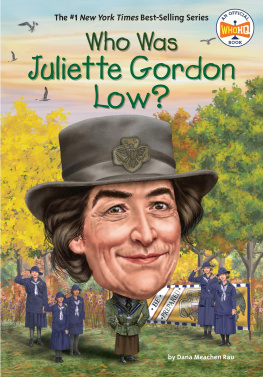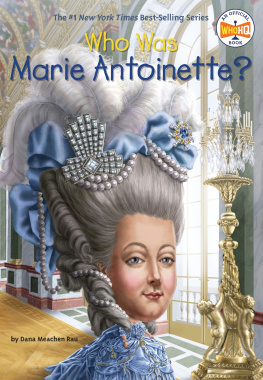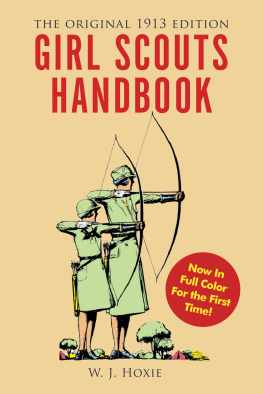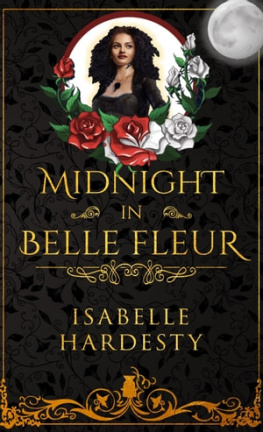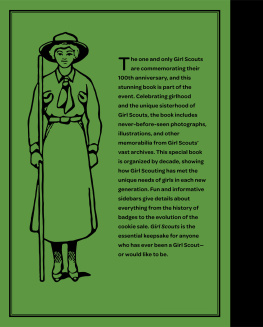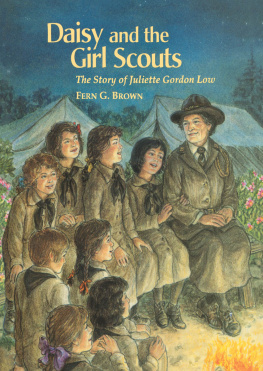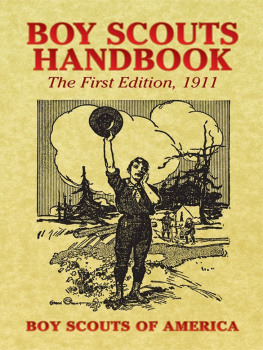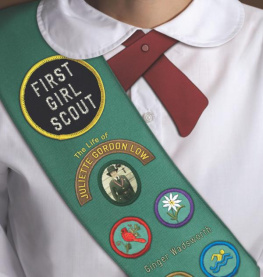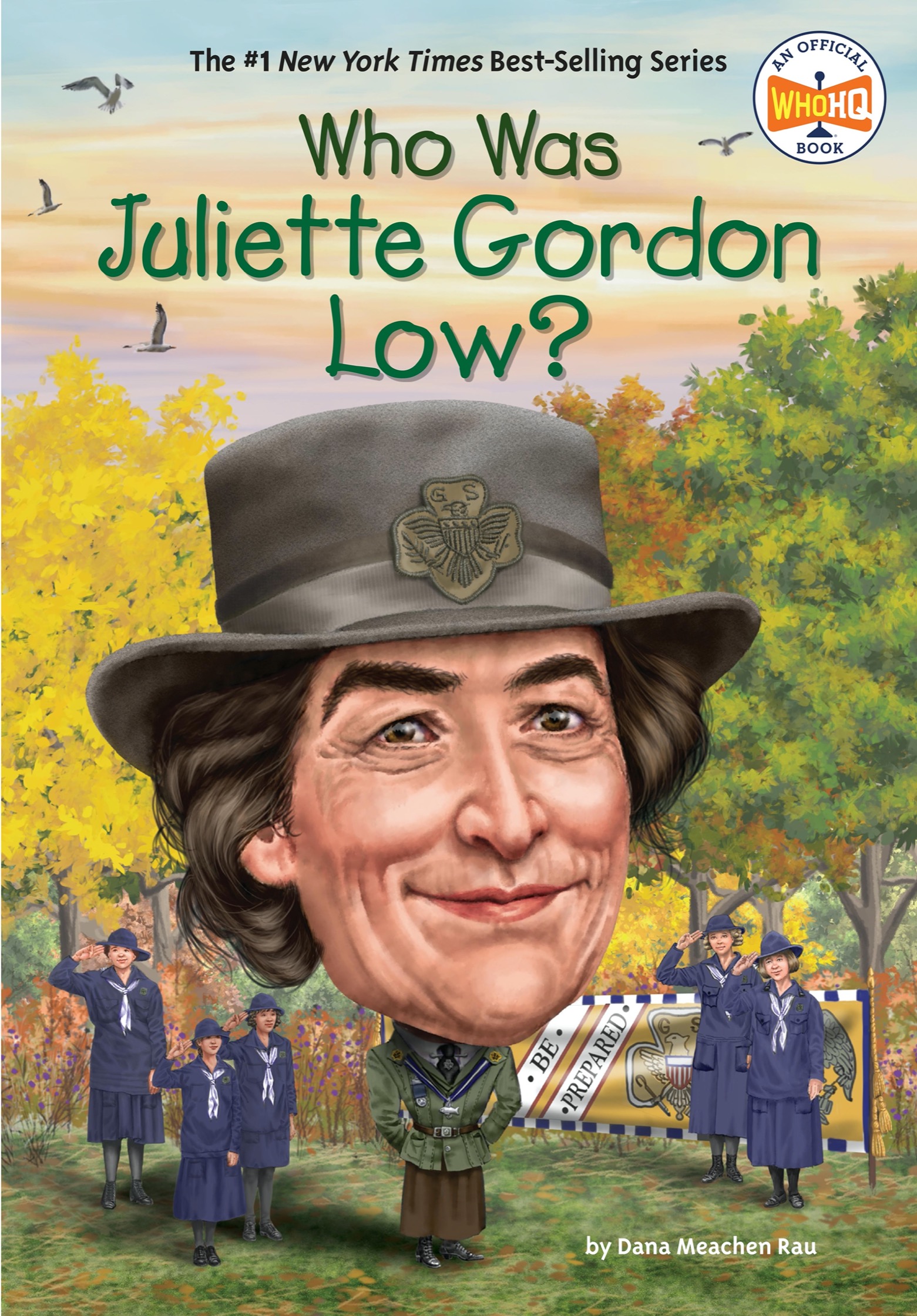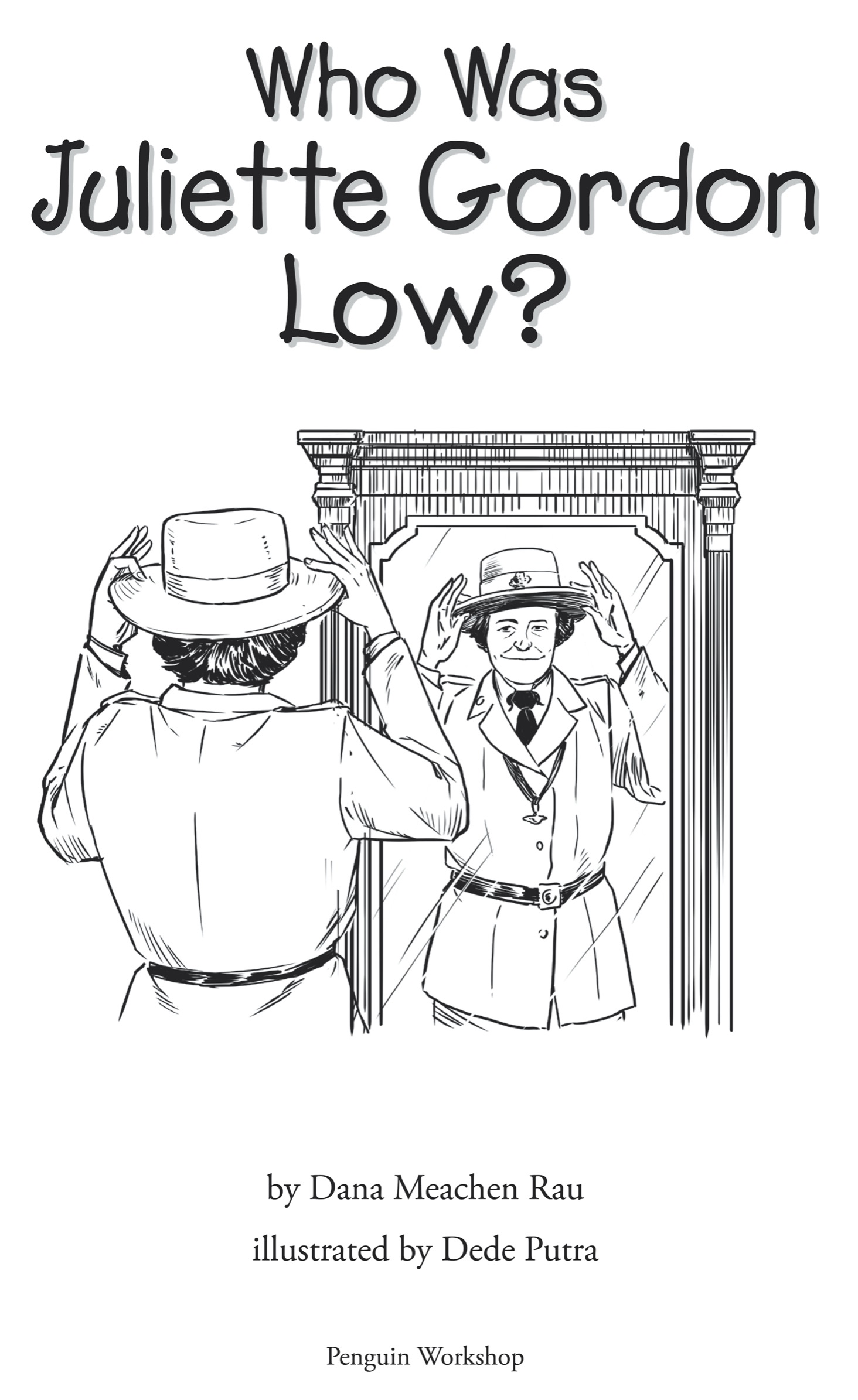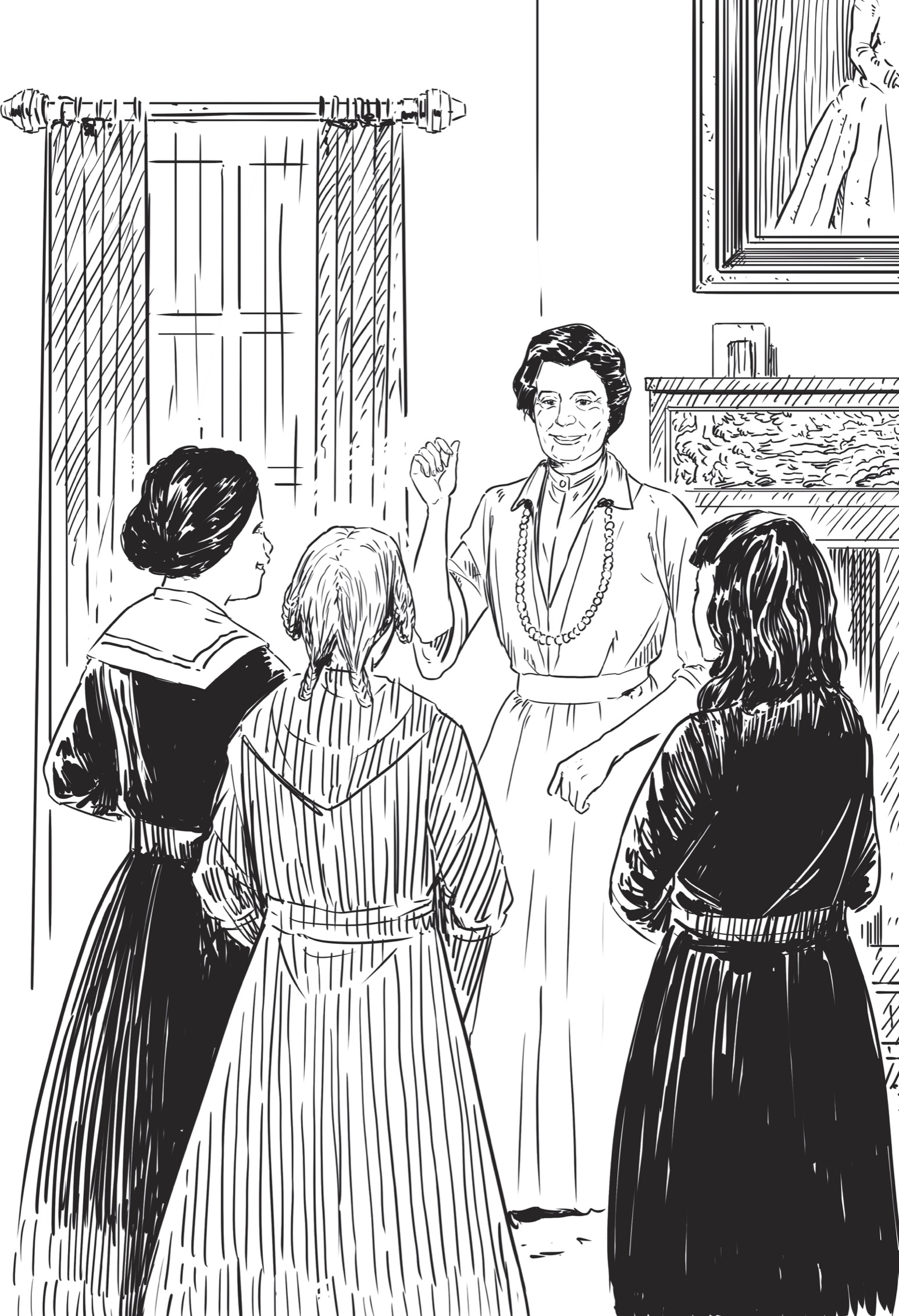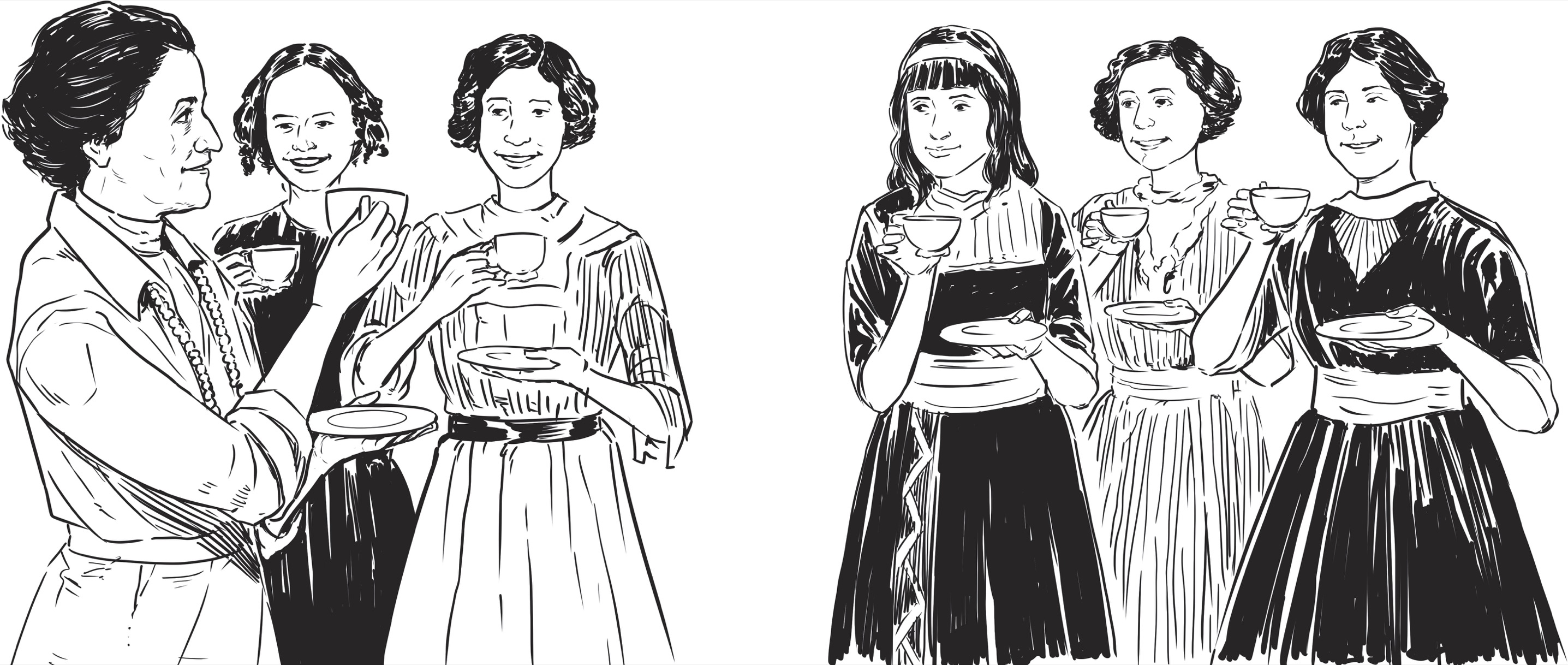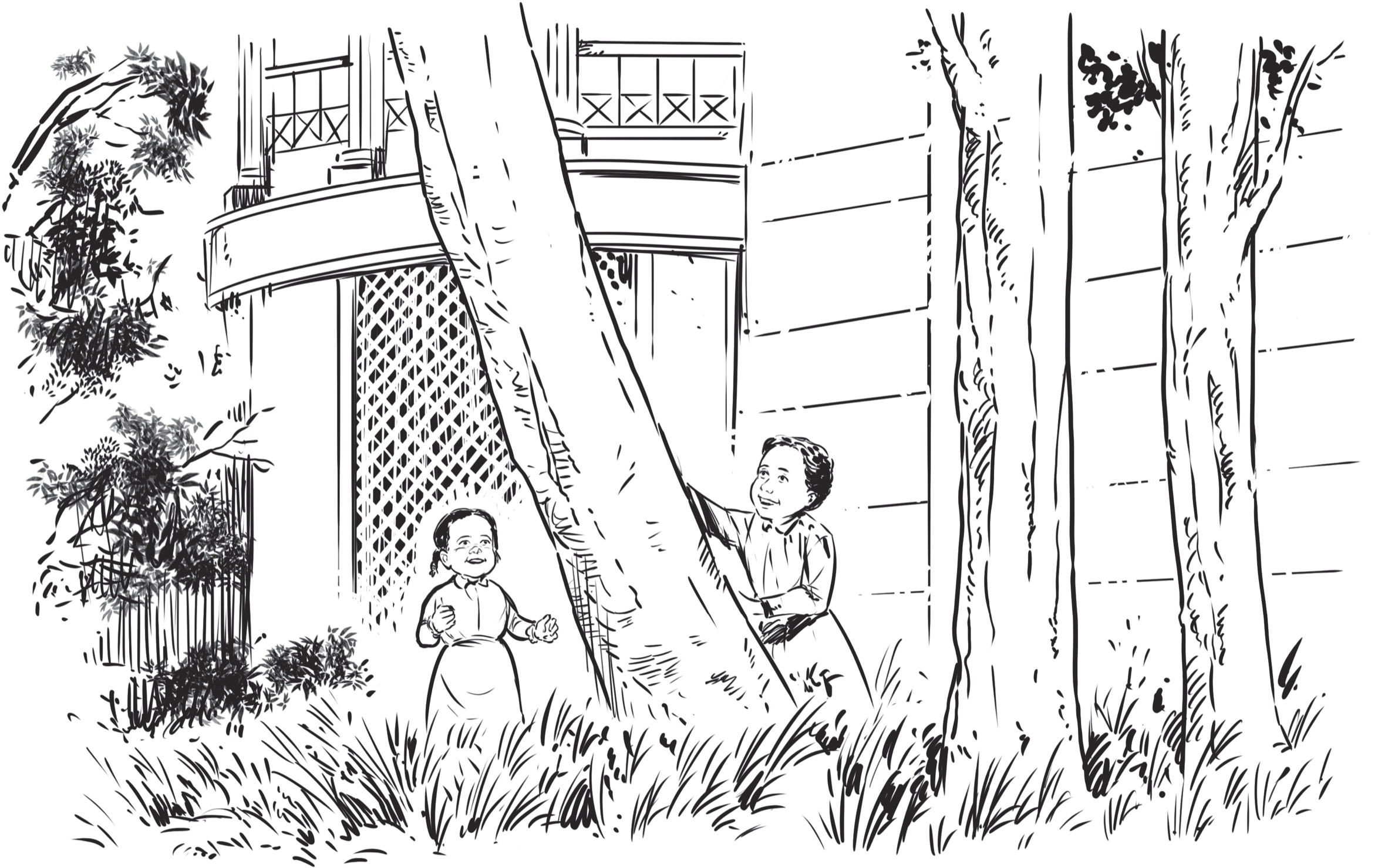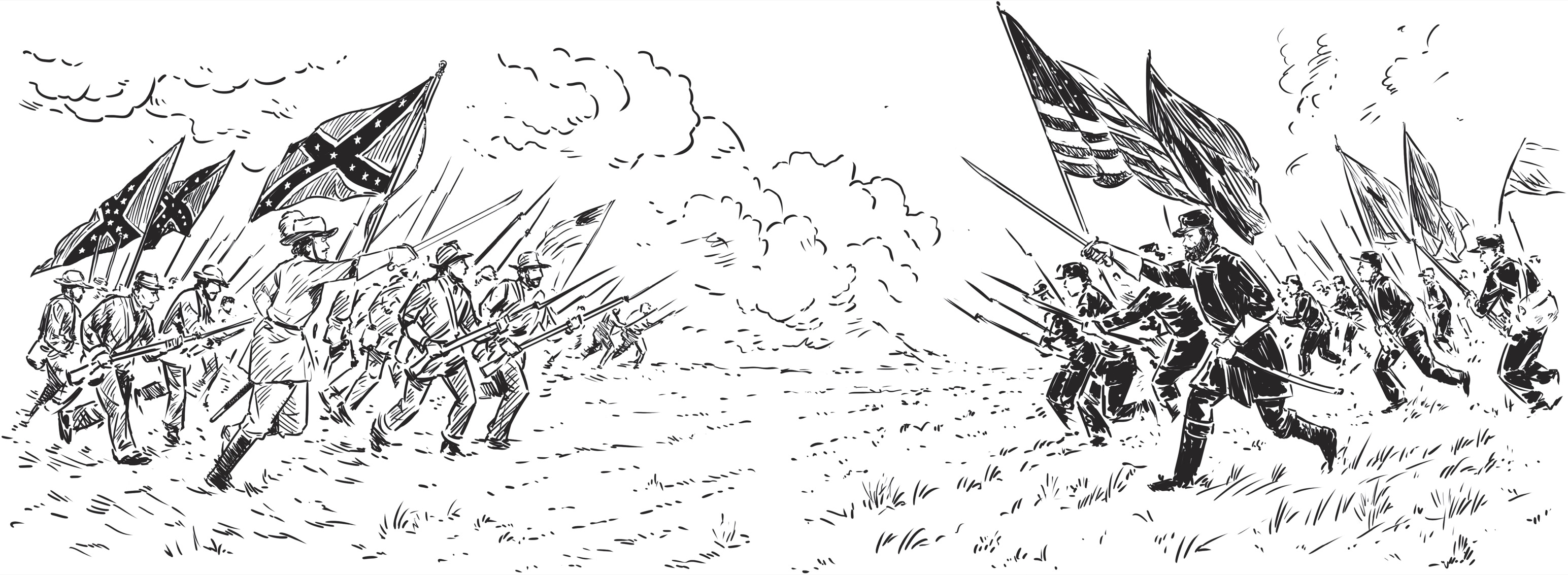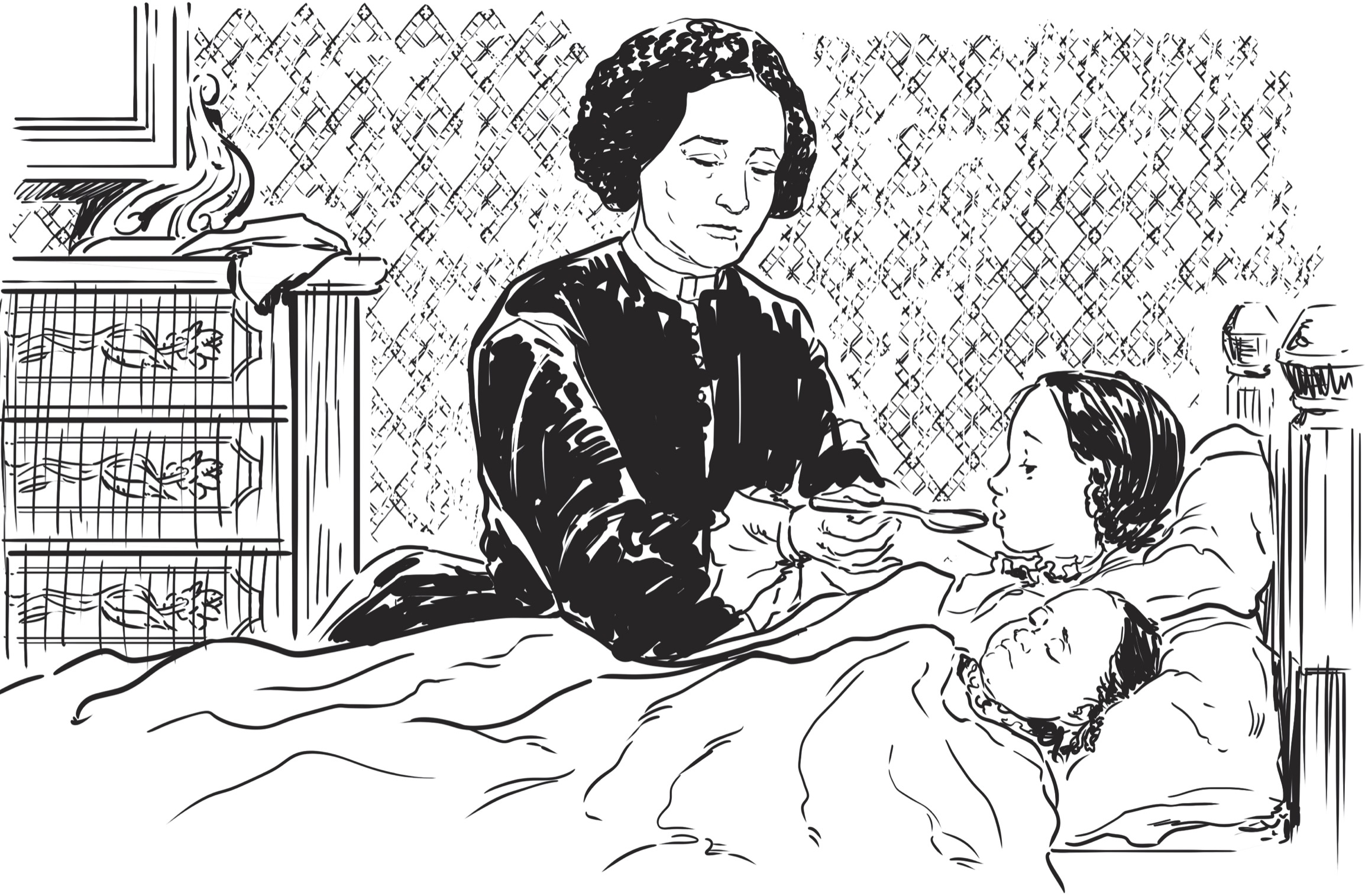Penguin supports copyright. Copyright fuels creativity, encourages diverse voices, promotes free speech, and creates a vibrant culture. Thank you for buying an authorized edition of this book and for complying with copyright laws by not reproducing, scanning, or distributing any part of it in any form without permission. You are supporting writers and allowing Penguin to continue to publish books for every reader.
The publisher does not have any control over and does not assume any responsibility for author or third-party websites or their content.
Text copyright 2021 by Dana Meachen Rau. Illustrations copyright 2021 by Penguin Random House LLC. All rights reserved.Published by Penguin Workshop, an imprint of Penguin Random House LLC, New York. PENGUIN and PENGUIN WORKSHOP are trademarks of Penguin Books Ltd. WHO HQ & Design is a registered trademark of Penguin Random House LLC.
Visit us online at www.penguinrandomhouse.com.
Who Was Juliette Gordon Low?
On March 12, 1912, in Savannah, Georgia, Juliette Gordon Low waited for her guests to arrive. Juliette liked to throw parties. And she was very good at it! She often invited other wealthy friends over to her home for lively conversation and fun. But this day was different. She was in her fifties, but she was hosting a gathering of young girls. This gathering was the first official meeting of the Girl Guides in the United States.
When the seventeen girls arrived, Juliette explained to her guests how much fun they would have in Girl Guides. They would explore the outdoors, play sports, and go on adventures. They would find ways to help their communities. They would wear uniforms and earn badges, just like boys did in Boy Scouts.
At this time in history, girls were taught many ways to act like proper ladies. In school and at home, they learned how to be good wives, mothers, and homemakers. Juliette herself was a proper lady from a wealthy family. Her whole life, she had tried hard to follow the rules. But she was always curious and willing to try new things, even when people told her she shouldnt. Juliette wanted to change the definition of what it meant to be a lady. She felt ladies could also be strong, independent, and help change the world. Most of all, they could have fun doing it!
Thats what she wanted to teach these girls. Juliettes joyful, friendly, and kind personality won over everyone at the meeting. Together, they recited the Girl Guide Promise, officially signed up, and toasted with hot chocolate. Eighteen girls became scouts that daybut one of them wasnt even there. Juliette had signed up her niece, Daisy Doots Gordon, at the top of the list. Juliette wanted Doots to go down in history as the first Girl Guide in America.
The organization she started in America soon changed its name to Girl Scouts. From that first meeting, over the past century, Girl Scouts has grown, with millions of members across the world.
Juliette Gordon Low blossomed into a brave and caring leader and devoted her life to helping other girls blossom into strong women, too.
Juliette Gordon was born on October 31, 1860. Her parents, William and Nellie Gordon, were pleased at this new little arrival. Her older sister, Eleanor, was excited for a new playmate.Juliette was named after her mothers mother. To avoid confusion between the two Juliettes in the family, they called the new baby Daisy, which was a common nickname at the time. This nickname stayed with her for the rest of her life.
The family lived in a mansion owned by Mr. Gordons mother in the beautiful city of Savannah, Georgia. Her parents were wealthy. William was a businessman who bought and sold cotton in the southern United States. Nellie was a strong and friendly woman who liked to do as she pleased. She came from an important family in the northern United States. Her family was one of the first to settle in the city of Chicago, Illinois.
When Juliette was less than a year old, the American Civil War broke out between the Northern and Southern states. Her father left to become a Confederate (Southern) soldier. Her mothers brothers were fighting for the North. Juliette often saw her mother looking sad, and she would only see her father when he came home for short visits.
Juliette spent her early childhood with her big sister, Eleanor. They played together on the violet-lined paths and climbed trees in the garden. Sometimes Juliette and Eleanor had to dress up and go for walks around the neighborhood, but Juliette would much rather be free to play!
The American Civil War (18611865)
Slavery was a system in the South that forced Black people to work without pay. Wealthy white enslavers depended on labor from enslaved people to run their plantations and treated them like property. They bought and sold them, and often beat them and separated family members from each other.
President Abraham Lincoln wanted to end slavery in the United States. Most people in the Northern states agreed with him. But the Southern states did not. The South wanted to keep slavery and chose to separate from the rest of America. So a war began between the Union (the Northern states) and the Confederacy (the Southern states). At the end of the war, the Northern states had won, and slavery was abolished.
Juliettes little sister, Alice, was born in 1863. Then the Gordon household grew even fuller when Juliettes aunts moved in. Because the country was at war, the family had a hard time feeding everyone. Mrs. Gordons family sent packages of food from Chicago, but that was still not enough. The young girls grew thin and sick. They had to take spoonfuls of sulfur medicine mixed with molasses, but they didnt mind, since it tasted sweet.

